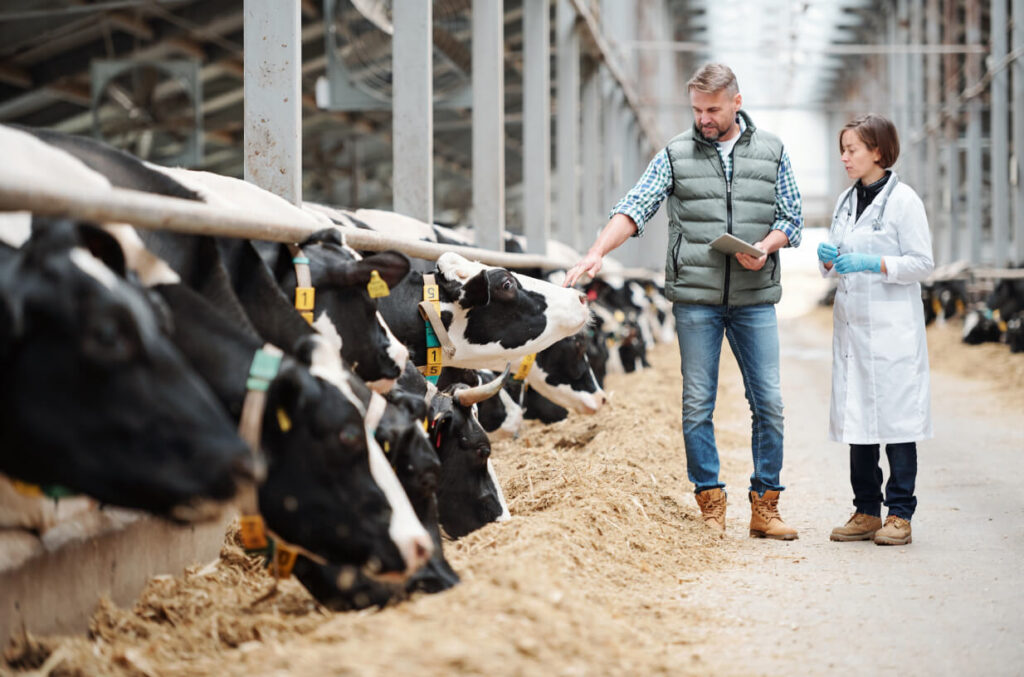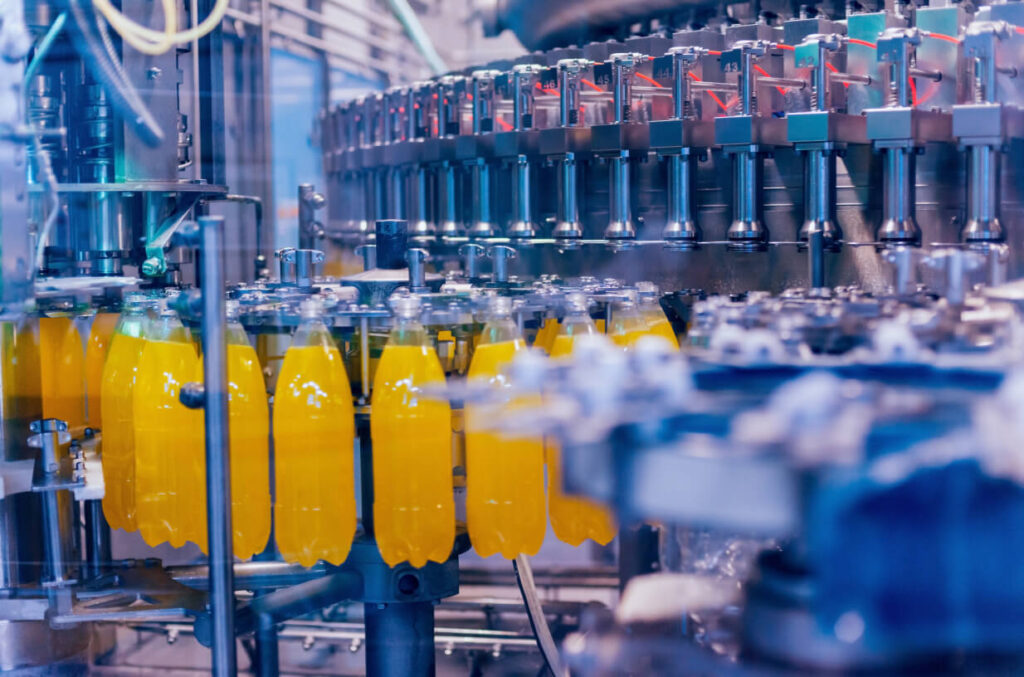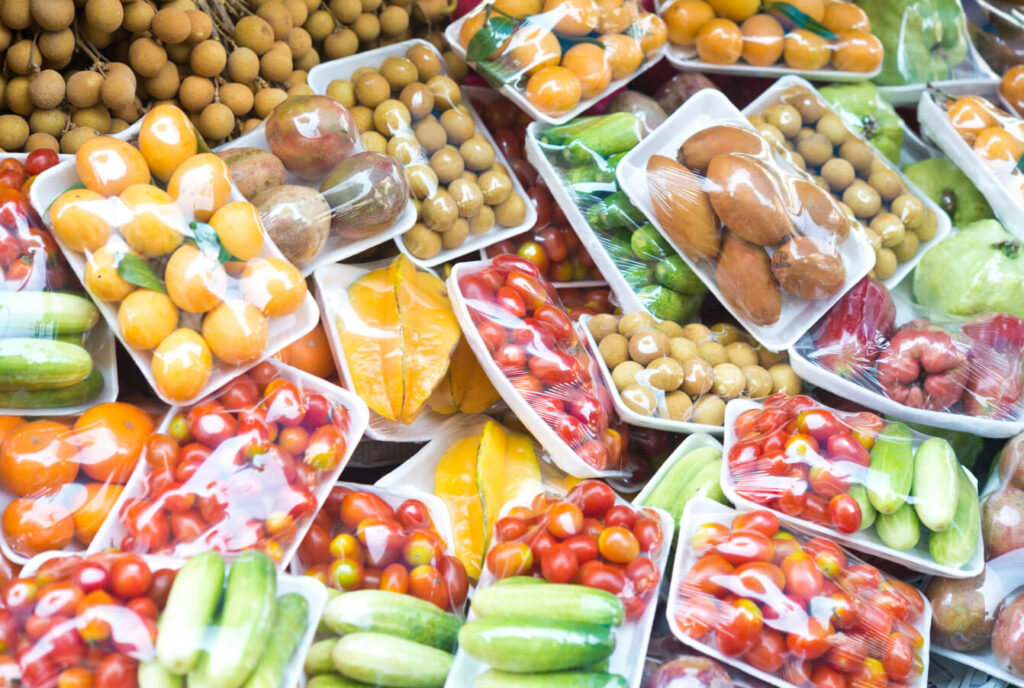Commercial Food Waste Services for Food Manufacturers
We’re creating a new approach to food waste recycling.

Why Recycle Food Waste?
Collecting food waste from food manufacturers is important for several reasons:
Reducing greenhouse gas emissions
Organic material that is sent to landfills produces methane, a potent greenhouse gas that contributes to climate change. By collecting organic material, the waste can be diverted from landfills and processed in a way that reduces greenhouse gas emissions.
Promoting sustainability
Collecting food byproducts reduces the amount of organic resources that end up in landfills by creating opportunities for them to be repurposed and reused.
Encouraging circular economy
Collecting food byproducts can support a circular economy by diverting residuals into compost, animal feed or other uses.
Cost savings
By reducing waste disposal costs and potentially generating revenue through the sale of repurposed byproducts, collecting organic material can be cost-effective for food manufacturers.
Types of Organic Resources from Food Manufacturing
Processing everything from bakery and milk to frozen dinners and gummy snacks can result in large amounts of waste. Manufacturers continue to search for responsible ways to remove and divert these waste products. Denali offers solutions and provide equipment for all types of residuals resulting from industrial food processes, including:


Denali’s Experience
Our experienced team of experts is dedicated to helping you find the best food waste solutions for your business. Processing everything from bakery and milk to frozen dinners and gummy snacks can result in large amounts of waste. Manufacturers continue to search for responsible ways to remove and divert these byproducts. We offer solutions and provide equipment for all types of residuals resulting from industrial food processes.
Denali also offers unique solutions, such as product de-packaging, that can mechanically extract organic materials from packaged goods. We use a range of technologies to keep food waste out of landfills, including composting, conversion to animal feed, and land application.

We are a Strategic Partner who can:
- Create alternative solutions to reduce your impact on the environment
- Help meet the state and federal sustainability demands of the future Zero Landfill Company (FSMA Food Safety Modernization Act compliance).
- Support multi-site locations through our broad geographic footprint
- Support multi-faceted waste streams
- Deliver secure online reporting to help you optimize your operation.


